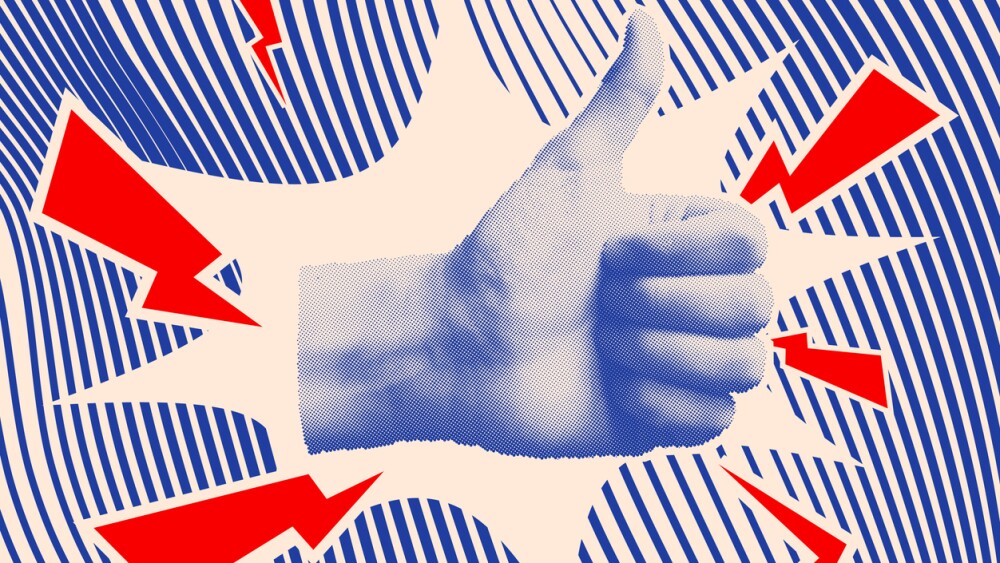ST. PAUL, Minn.--(BUSINESS WIRE)--St. Jude Medical, Inc. (NYSE:STJ), a global medical device company, today announced CE Mark approval of its next-generation Ellipse™ and SJM Assura™ portfolio of implantable cardioverter defibrillators (ICDs) and cardiac resynchronization therapy defibrillators (CRT-Ds). The new portfolio is designed to lower the risk for lead abrasion and to ensure high voltage therapy delivery.
“The goal for this innovative portfolio of devices is to bring implantable defibrillation reliability and patient safety to the next level,” said Eric S. Fain, M.D., president of the St. Jude Medical Implantable Electronic Systems Division. “The new Ellipse ICD and Assura family of devices demonstrates St. Jude Medical’s commitment to developing technologies that provide physicians with advanced patient management tools to mitigate the most common ICD lead complications, especially those that can lead to ineffective high voltage therapy delivery.”
The Ellipse and SJM Assura family of devices feature the DynamicTx™ Over-Current Detection Algorithm, which automatically adjusts shocking configurations within the device to ensure the delivery of high-voltage therapy if an electrical short in one portion of the system were to occur. In addition, the next-generation Ellipse and SJM Assura portfolio of implantable defibrillators feature low friction coating on the device can, which has been demonstrated in testing to significantly reduce the friction between the device and leads. As such, the low friction coating is designed to reduce the risk for lead-to-can abrasion, the most common type of lead insulation failure in the industry.
These advanced technologies provide preventative and adaptive capabilities to address potential failures that can result in the inability to deliver high voltage therapy when needed, especially in systems using silicone-only insulated defibrillation leads, which are known to be at higher risk of abrasion. It is estimated that over 400,000 silicone-only insulated defibrillation leads from all manufacturers remain active worldwide.
“The annual rate of lead defects increases over time regardless of manufacturer and insulation failure accounts for 70 percent of lead failures in older leads,” said Johan Vijgen, M.D., director of electrophysiology at Jessa Hospitals in Hasselt, Belgium. “With important safety features designed to ensure successful delivery of high-voltage therapy, these new devices offer my patients a higher standard of care.”
The Ellipse and SJM Assura family of devices also feature expanded protection against inappropriate and unnecessary shocks with SecureSense™ RV Lead Noise Discrimination, an algorithm that expands St. Jude Medical ShockGuard® Technology. SecureSense RV Lead Noise Discrimination differentiates lead noise (over-sensing of electrical signals) from true ventricular tachycardia (VT) or ventricular fibrillation (VF) episodes requiring therapy.
The St. Jude Medical high-voltage portfolio is augmented by the Durata™ defibrillation lead with Optim™ lead insulation. With approximately 11,000 leads actively monitored in prospective active registries and more than 27,000 patient years of data, the Durata lead continues to demonstrate excellent performance.
The Ellipse ICD provides all of the industry-leading features offered by the Fortify Assura™ ICD inside the smallest volume, high-voltage device on the market. The Ellipse ICD allows for 36 J in delivered energy, providing a downsized option without compromising on energy, longevity, safety or reliability.
The Assura family of devices allows St. Jude Medical to continue to offer industry leading 40 J in delivered energy and includes the Quadra Assura™ CRT-D, the Unify Assura™ CRT-D and the Fortify Assura™ ICD.
An ICD is an advanced implantable device that treats potentially lethal, abnormally fast heart rhythms (ventricular tachycardias or ventricular fibrillation), which often lead to sudden cardiac death (SCD). Approximately 325,000 people per year in the U.S. die suddenly of SCD.
A CRT-D device resynchronizes the beating of the heart's lower chambers (ventricles), which often beat out of sync in heart failure patients, and provides back up treatment for SCD, which is a risk factor associated with certain types of heart failure. Studies have shown that CRT (cardiac resynchronization therapy) can improve the quality of life for many patients with heart failure, a progressive condition in which the heart weakens and loses its ability to pump an adequate supply of blood. About five million Americans suffer from heart failure, with 550,000 new cases diagnosed every year, according to the American Heart Association.
About St. Jude Medical
St. Jude Medical develops medical technology and services that focus on putting more control into the hands of those who treat cardiac, neurological and chronic pain patients worldwide. The company is dedicated to advancing the practice of medicine by reducing risk wherever possible and contributing to successful outcomes for every patient. St. Jude Medical is headquartered in St. Paul, Minn. and has four major focus areas that include: cardiac rhythm management, atrial fibrillation, cardiovascular and neuromodulation. For more information, please visit sjm.com.
Forward-Looking Statements
This news release contains forward-looking statements within the meaning of the Private Securities Litigation Reform Act of 1995 that involve risks and uncertainties. Such forward-looking statements include the expectations, plans and prospects for the Company, including potential clinical successes, anticipated regulatory approvals and future product launches, and projected revenues, margins, earnings and market shares. The statements made by the Company are based upon management’s current expectations and are subject to certain risks and uncertainties that could cause actual results to differ materially from those described in the forward-looking statements. These risks and uncertainties include market conditions and other factors beyond the Company’s control and the risk factors and other cautionary statements described in the Company’s filings with the SEC, including those described in the Risk Factors and Cautionary Statements sections of the Company’s Annual Report on Form 10-K for the fiscal year ended December 29, 2012 and Quarterly Report on Form 10-Q for the fiscal quarter ended March 30, 2013. The Company does not intend to update these statements and undertakes no duty to any person to provide any such update under any circumstance.
Contacts
St. Jude Medical, Inc.
J.C. Weigelt, 651-756-4347
Investor Relations
jweigelt@sjm.com
Kate Stoltenberg, 651-756-3388
Media Relations
kstoltenberg@sjm.com
Help employers find you! Check out all the jobs and post your resume.




